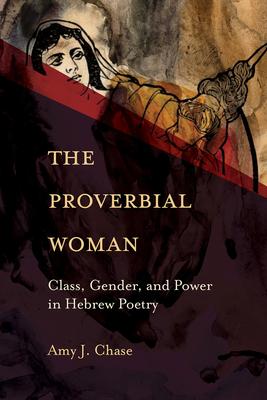Female identity is fraught and fetishized, commercialized and contested--so potent a weapon in contemporary cultural warfare that a sitting US senator had no shame in asking a nominee to the Supreme Court to "define 'woman.'" But the battle over female identity is not of modern invention. Its roots are ancient. And in the Hebrew Bible, one text has served as the focal point of both classical and fashionable conceptions of female identity: Proverbs 31. A timeless pattern of femininity for some and a punchline for others, the poems themselves have received wildly differing levels of analysis, with too much ink spent on "the ideal woman," and far too little on political rebukes and economic displacement.
The Proverbial Woman offers a comprehensive narrative and dialogical approach to the text that unearths the poetry's social, sexual, and political silences and silencings. It highlights the forgotten characters: the women who destroy kings, the silenced poor, displaced peasants, and foreigners. It examines the text's conflict, setting, characters, and dialogue. It encourages the reader to recognize the drama taking place in the text's world and to explore how these features enabled an ancient community pondering these sapiential lines to process their cooperation with empire in an economic system that benefited some and exploited others.
The Proverbial Woman excavates the power dynamics that promote elite ideologies even as gaps, ambiguities, and contradictions enable marginalized perspectives within the text to resist them. The interpretive approach demonstrated in this study can be replicated among communities today wanting to use biblical texts to construct for themselves a more just and prosperous world.
